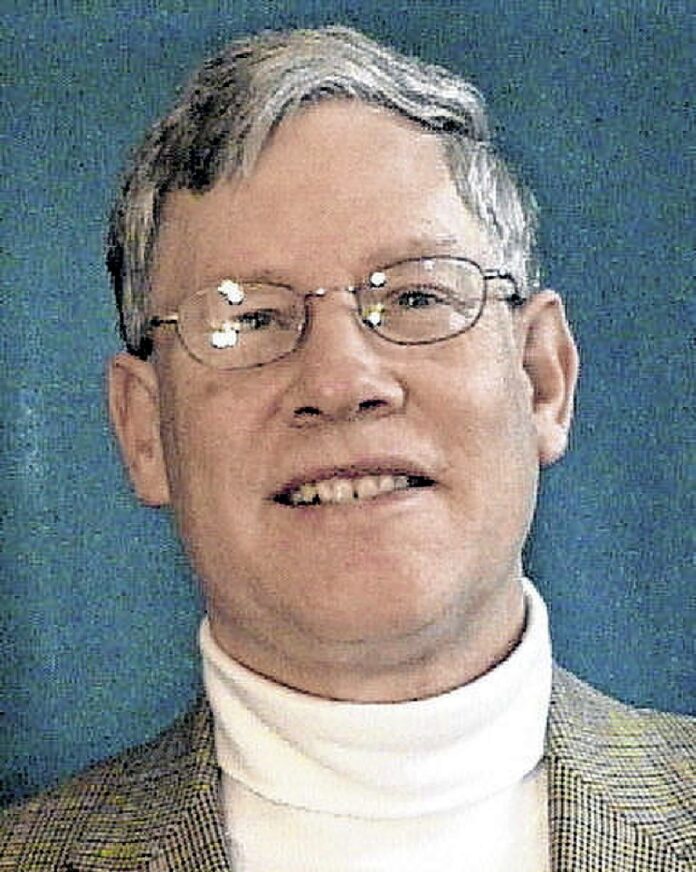When we open a book or turn on a movie, we do so in hope that the story will end well. As the pages turn or the scenes change, it might be sad, hilarious, tragic, intense — hopefully all of the above. But the ending needs to feel worth the wait.
The Bible is a collection of writings, some long and others short: History, poetry, genealogical lists, prophecies, sermons, sayings, biographies and fantastic imagery.
Near the center of the English Bible sits the biggest volume of all: Psalms. 150 ancient poems express deep feelings from real people in challenging situations.
It is one of five Hebrew poetical works. While the Book of Proverbs gives sage advice about maximizing success and minimizing pain in life, the Psalms, in contrast, give voice to what the heart experiences along the way.
In the Psalms, I have been often comforted by lyrics that match the music of my soul on a given day or season. I have recently discovered that the very way the collection is structured speaks to the need of the human soul, especially one that lives long enough to see the ups and downs of life. After 145 psalms that express all varieties of human emotion, the last five fill exclusively with praise of God. Over and over again, all creation, the heavenly host, the hurting, the thankful, cities, mountains, sea monsters, old folks, and children are directed to “Praise the LORD!”
These five psalms form a grand conclusion, not just of the book but of the human experience of faith in God. They declare that the day will come when the whole creation will become praise of God. This finale closes the Psalter, which has spoken again and again of misery, strife, war, crisis and death. In the end the universe will be pure praise: sun and moon, snow and fog, plants and animals — all led by the restored human race. This works whether for Bronze Age Israelites subjected to the power of Babylon or a 21st century family coping with unimagined threats.
The Psalms tell us two things:
First, if my circumstances are hard I am not necessarily stuck in them. With God’s promise to bring a good ending to all things, I am empowered to do all I can for peace, justice, education, equality and freedom. To do anything less is sin.
Second, whenever the world spins out of control in spite of my best efforts, I can avoid despair knowing that I am really in control of just one thing — I can praise the LORD.
“Do not trust in princes, in mortal man in whom there is no salvation … Blessed is he whose help is the God of Jacob, whose hope is in the LORD his God who made heaven and earth … who keeps faith forever” (Psalm 146:3-6).
Russel Jarvis has lived in Hancock County since 1989 and has served as the lead chaplain at Hancock Regional Hospital since August 2003. This weekly column is written by local clergy members. Send comments to [email protected].





